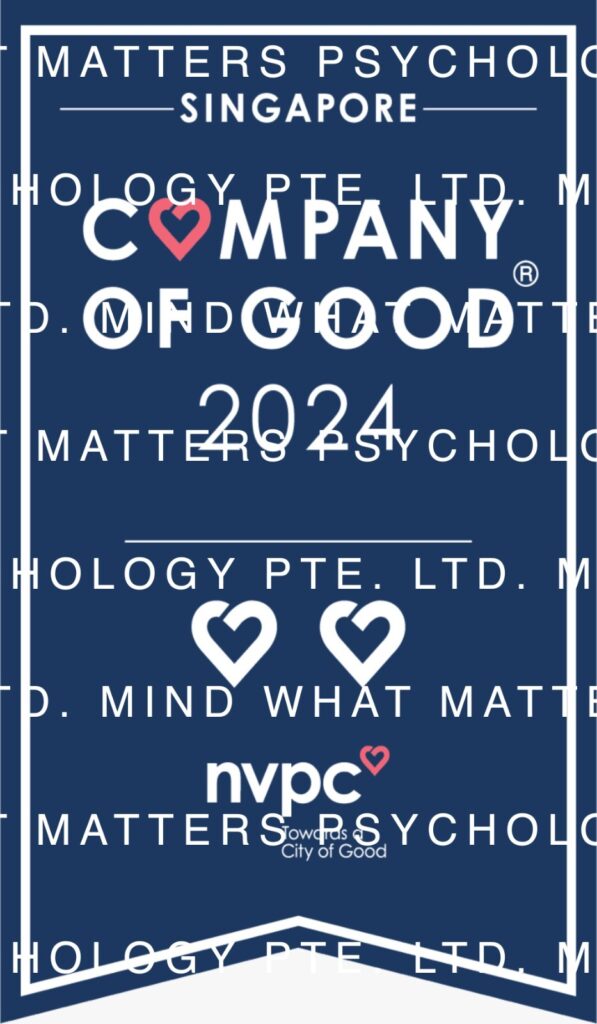What are Personality Disorders?
There are ten types of personality disorders, categorised into three clusters. Each is characterised by a specific set of common behaviours, thoughts, and feelings. The first is Cluster A personality disorders, where individuals may display eccentric or odd behaviour, act in peculiar ways, hold unusual beliefs or be extremely detached or distrustful of others. Paranoid personality disorder, schizoid personality disorder, and schizotypal personality disorder fall into this category.
The second group consists of Cluster B personality disorders, involving erratic or dramatic behaviour. People with these disorders may experience unstable and intense emotional states and act in impulsive, attention-seeking, or law-breaking ways. The disorders in this category are antisocial personality disorder, borderline personality disorder, histrionic personality disorder, and narcissistic personality disorder.
The third group looks at Cluster C personality disorders, characterised by fear and anxiety in various aspects of one’s life. This category includes avoidant personality disorder, dependent personality disorder, and obsessive-compulsive personality disorder.
Borderline Personality Disorder
We’ll now expand more on one of the disorders under Cluster B, known as borderline personality disorder (BPD). Individuals struggling with BPD are commonly and misunderstood as violent and dangerous. People with BPD experience instability in many areas of their life, extending from their moods and self-image to their behaviour and interpersonal relationships. This may result in disruptions to their everyday functioning, due to tendencies to engage in impulsive and risk-taking behaviours or to experience rapid and intense shifts in mood. They may also have turbulent relationships with loved ones and have difficulties maintaining a stable view of themselves, further adding to their troubles.
Some signs of BPD include
- Efforts to avoid abandonment, real or imagined
- Intense and unstable periods of anger/depression/anxiety, which may be accompanied by self-harming behaviours, aggression, or substance abuse
- Distortions in one’s sense of self and patterns of thinking that lead to constant changes in their way of life, including in their plans for the future and in their jobs, relationships and values
- Feeling empty or misunderstood and being unable to establish a clear identity
- Tendency to exhibit suicidal behaviour
- Momentary, paranoid thinking or dissociation during periods of stress
Managing BPD
The treatments for BPD are similar to those for other personality disorders, and mainly involve psychotherapy and medication. Psychotherapeutic methods shown to help with BPD include dialectical behaviour therapy, mentalisation-based therapy, and group therapy, while medication complements therapy efforts by targeting signs displayed by each individual.
While BPD signs may stick with you over your lifetime, it is definitely possible to reduce the impact they have on your life. By seeking professional help and implementing appropriate treatment plans, improvements to your life and well-being can be achieved.





